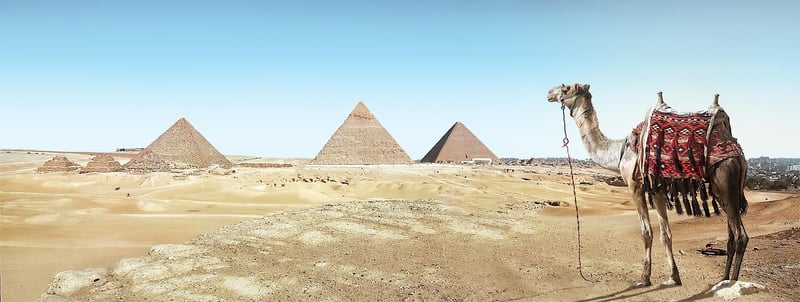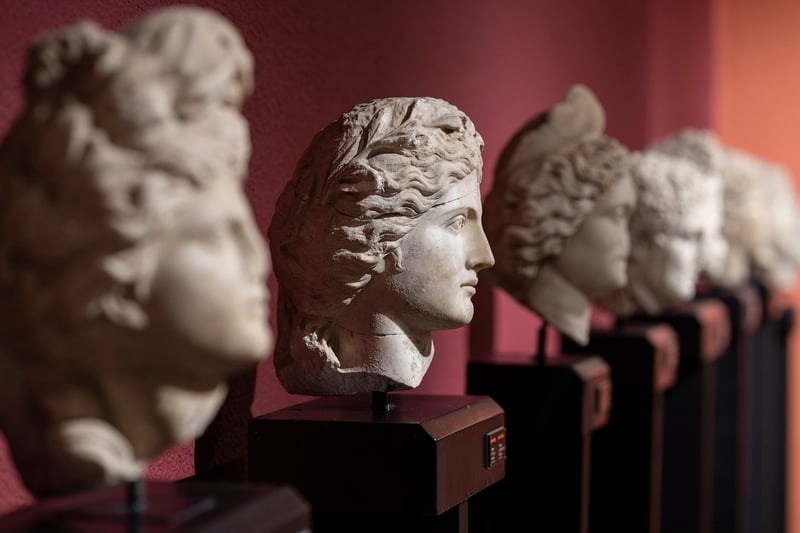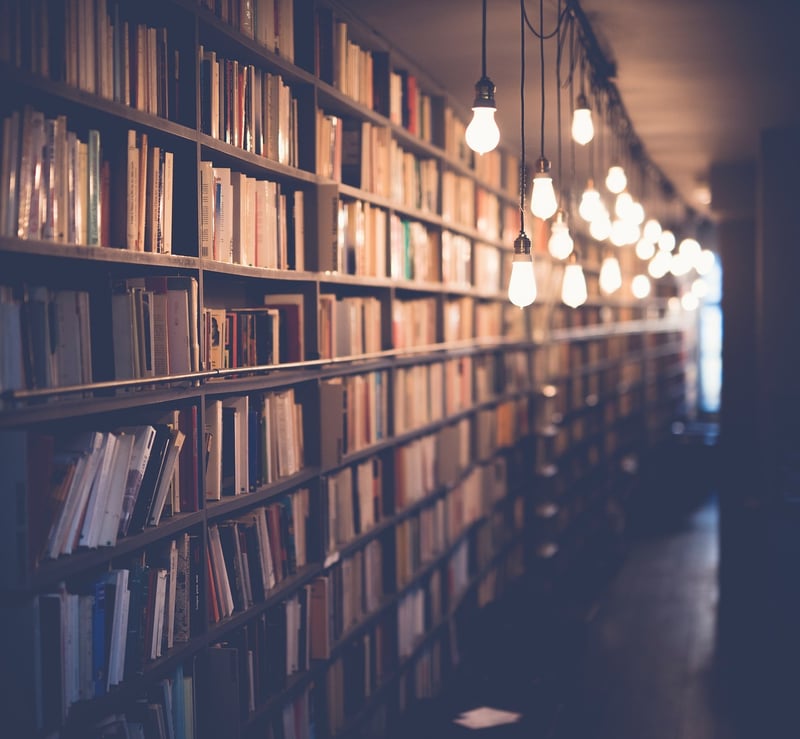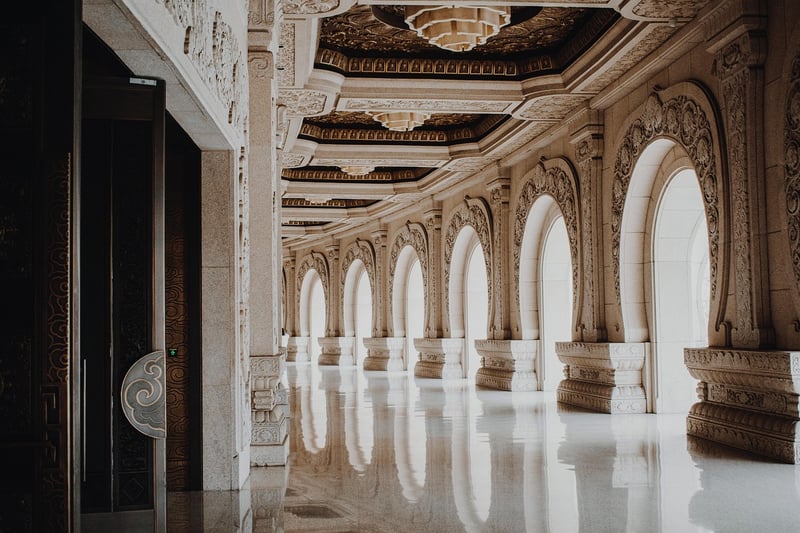Changing History
Exploring Encounters with the Past and Changing History
History is not merely a record of the past; it is a living entity that we interact with every day. As individuals and societies, we have the power to shape and change history through our actions, decisions, and interpretations of the past. Let's delve into the fascinating realm of encounters with the past and the ways in which history can be altered and reimagined.
Unearthing Artifacts
One of the most tangible ways we encounter the past is through archaeological discoveries. Excavations of ancient sites reveal artifacts and ruins that provide valuable insights into bygone civilizations. These artifacts not only enrich our understanding of history but also have the potential to challenge existing narratives and reshape our perception of the past.

Preserving Cultural Heritage
Cultural heritage sites, such as historic buildings, monuments, and artworks, serve as a connection to our collective past. By preserving these sites, we not only honor the achievements of those who came before us but also ensure that future generations can continue to learn from and be inspired by history.

Revisiting Historical Narratives
History is not a fixed narrative; it is a constantly evolving story shaped by new discoveries, perspectives, and interpretations. By revisiting historical events with a critical lens, we can uncover hidden truths, challenge established beliefs, and give voice to marginalized perspectives that have been overlooked in traditional accounts.
Changing History Through Education
Education plays a crucial role in changing history. By incorporating diverse perspectives, engaging with primary sources, and encouraging critical thinking, educators can empower students to question prevailing narratives and contribute to a more inclusive and accurate understanding of the past.

Embracing the Power of Stories
Stories have the power to shape our perception of history and influence how we relate to the past. Through literature, film, art, and oral traditions, we can reimagine historical events, amplify marginalized voices, and create new narratives that reflect the complexities of the human experience.
Conclusion
Encounters with the past are not passive experiences but active engagements that have the potential to transform our understanding of history and shape the future. By exploring diverse perspectives, preserving cultural heritage, and reimagining historical narratives, we can change history for the better and ensure that the voices of all people are heard and valued.
